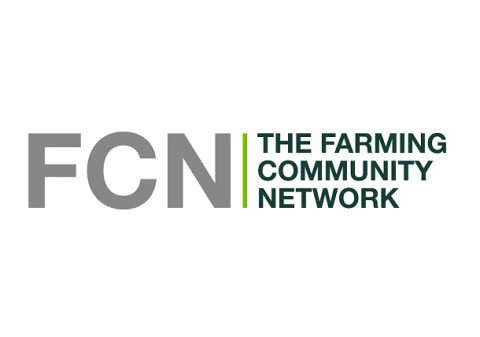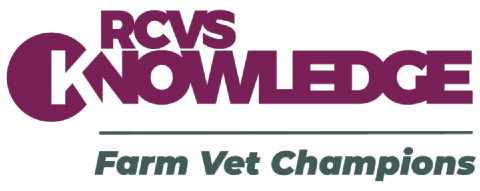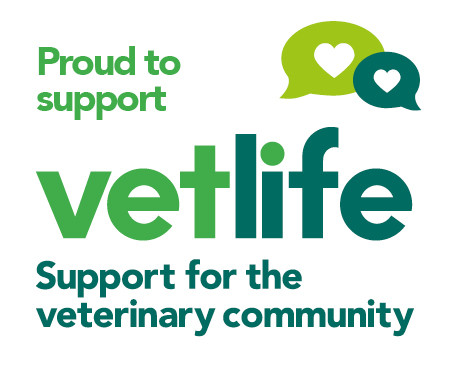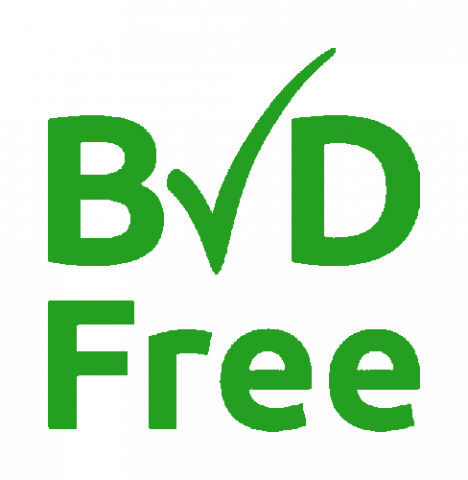1. BCVA is not affiliated with the providers and inclusion does not imply endorsement of course content or quality. Members should assess whether it meets their individual CPD needs.
2. BCVA promotes a variety of CPD opportunities and is open to sharing relevant offers from other providers in a fair and transparent manner.
Get the App:Play StoreApp Store






